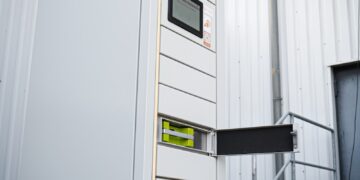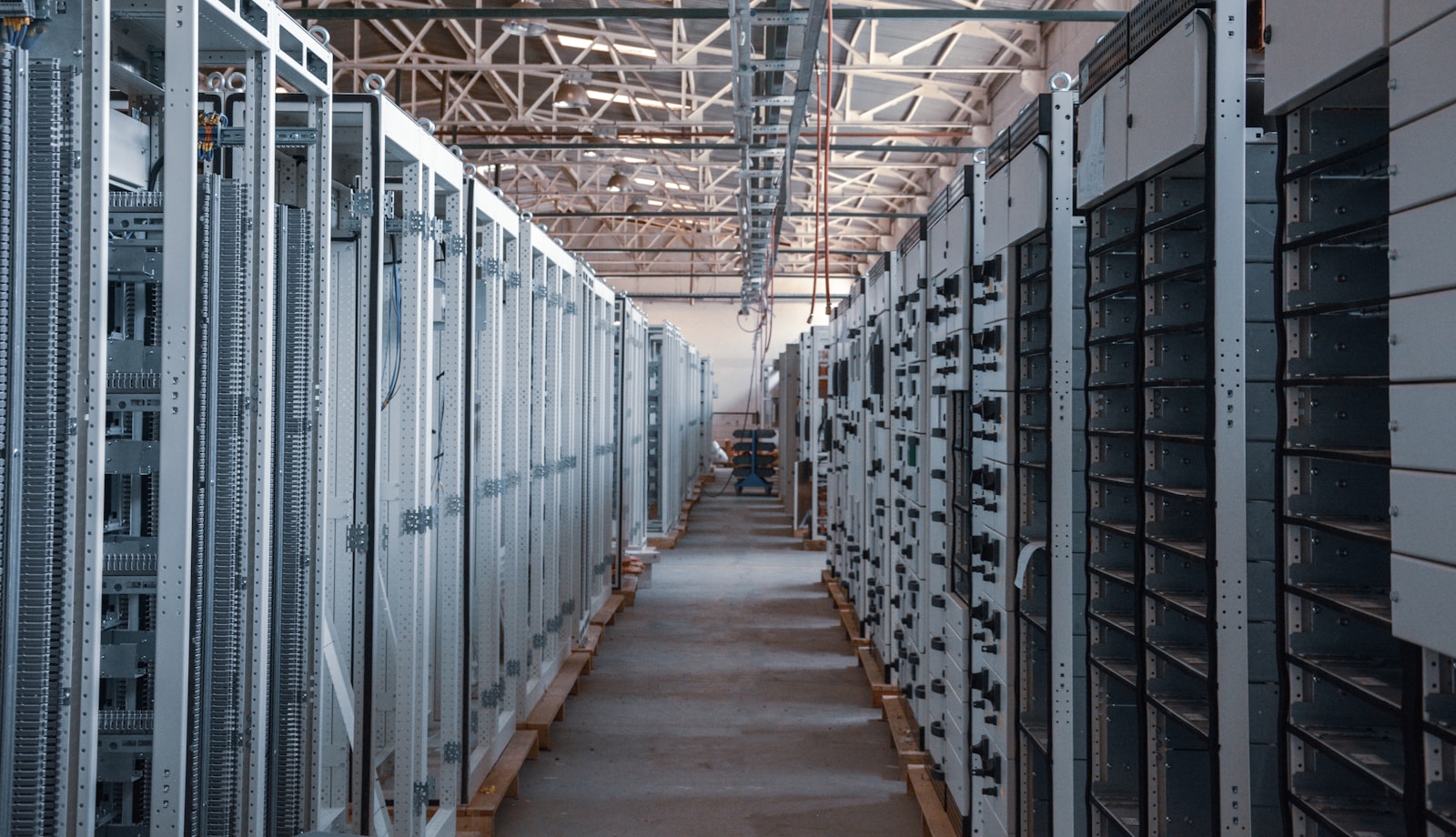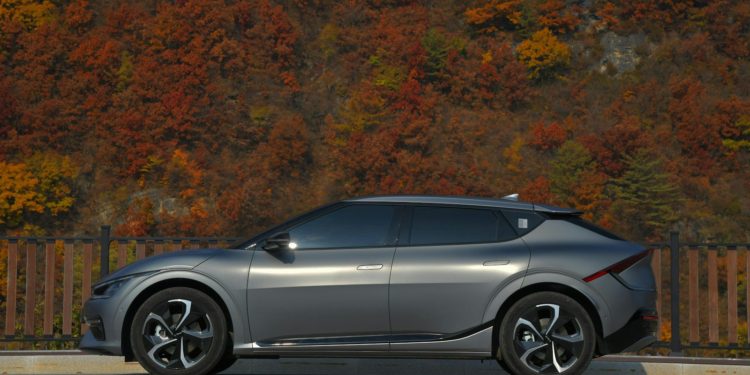The electrification of automobiles is no longer a distant vision but a dynamic reality reshaping the global transportation sector. In 2025, electric vehicles (EVs) are projected to account for over 20% of global vehicle sales, with China leading at more than 60% of the market, followed by Europe and North America []. This surge is fueled by declining battery costs, robust government policies, and a consumer shift toward eco-friendly mobility. For EcoBusinessNews readers—sustainability officers, green entrepreneurs, and corporate innovators—these trends signal a pivotal moment for businesses to embrace electrification, particularly in alignment with events like the Advanced Clean Transportation (ACT) Expo, which showcases cutting-edge solutions for commercial and heavy-duty transport.
Why Electrification Matters
Electrifying automobiles is a cornerstone of global efforts to reduce greenhouse gas emissions and combat climate change. EVs produce zero tailpipe emissions, significantly cutting CO2 compared to internal combustion engine (ICE) vehicles. In 2023, EVs displaced approximately 0.9 million barrels per day of oil, a figure expected to grow as adoption accelerates []. Beyond environmental benefits, EVs offer lower maintenance costs and a quieter, smoother driving experience, appealing to both individual consumers and fleet operators. The ACT Expo highlights these advantages, showcasing how electrification can transform high-emission sectors like trucking and logistics.
Key Trends Driving Electrification in 2025
1. Affordable EVs and Battery Innovations
Declining battery costs are making EVs more accessible. By 2025, battery pack prices are expected to drop to around $75 per kilowatt-hour, a 40% decrease from 2022, enabling EVs to approach price parity with ICE vehicles in some segments []. Innovations like solid-state batteries and cheaper cathode chemistries (reducing reliance on costly metals like cobalt and nickel) are extending ranges and lowering costs. For instance, companies like Toyota are targeting 500,000 EV sales in 2025, leveraging advanced battery tech to compete with leaders like BYD and Tesla []. The ACT Expo features these technologies, with exhibitors demonstrating how battery advancements power heavy-duty EVs.
2. Expanding Charging Infrastructure
A robust charging network is critical to alleviating range anxiety. In 2025, the EU mandates recharging points every 60 km along major transport routes, while the U.S. sees growing investments in megacharging for heavy-duty vehicles, capable of up to 3.75 MW [,]. Initiatives like the West Coast Clean Transit Corridor aim to install high-capacity charging along key freight routes by 2030 []. EcoBusinessNews readers, particularly fleet managers, can explore these solutions at the ACT Expo, where charging infrastructure for commercial fleets is a key focus.
3. Policy and Incentives
Governments worldwide are accelerating electrification through ambitious targets and incentives. China has surpassed its 2025 goal of 20% new energy vehicle sales, reaching 35% in 2023, while Canada targets 100% zero-emission vehicle sales by 2035 []. In the U.S., the Inflation Reduction Act offers up to $7,500 in tax credits, though restrictions on foreign battery components may limit eligible models in 2025 []. The ACT Expo provides a platform for policymakers and businesses to discuss these regulations, ensuring compliance and maximizing incentives for sustainable fleets.
4. Commercial and Heavy-Duty Electrification
While passenger EVs dominate headlines, electrifying commercial vehicles is critical for emissions reduction. In 2023, electric trucks surpassed buses in sales, reaching 54,000 units globally, with over 840 zero-emission truck models available []. Companies like Volvo and General Motors are scaling up electric light-commercial vehicles (LCVs) and heavy-duty trucks, supported by strict CO2 standards in Europe and the U.S. []. The ACT Expo is a hub for these innovations, featuring electric trucks and fleet electrification strategies that align with EcoBusinessNews’ focus on sustainable business.
5. Fleet Electrification and Corporate Commitments
Corporate fleets are driving EV adoption, with companies like DHL targeting 70% clean last-mile operations by 2025 and Amazon ordering 100,000 electric vans from Rivian [,]. The EV100 initiative, with 130 members, commits to electrifying fleets and installing workplace charging by 2030 []. These efforts resonate with the ACT Expo’s emphasis on fleet electrification, offering EcoBusinessNews readers actionable insights for transitioning corporate transport to electric.
Challenges to Overcome
Despite progress, electrification faces hurdles. High upfront costs, though decreasing, remain a barrier, particularly for heavy-duty vehicles []. Limited charging infrastructure in rural areas and supply chain constraints for battery materials like lithium and nickel pose risks []. Additionally, policy uncertainty—such as potential changes to U.S. EV tax credits under new administrations—could slow adoption []. The ACT Expo addresses these challenges through panels and workshops, helping businesses navigate the transition.
The Role of the ACT Expo
The ACT Expo is a premier event for exploring electrification in commercial transportation, making it a natural fit for EcoBusinessNews’ audience. From electric trucks to charging solutions, the Expo showcases technologies that reduce emissions and operational costs. Attendees can connect with innovators like Nikola and Freightliner, explore policy updates, and learn from case studies of successful fleet electrification. For sustainability professionals, the Expo offers a roadmap to integrate EVs into business operations, aligning with global net-zero goals.
Looking Ahead
By 2030, EVs are projected to account for 45% of global light-vehicle sales, with 85 million units on the road []. Innovations in battery recycling, vehicle-to-grid (V2X) technology, and autonomous electric fleets will further accelerate this shift []. For EcoBusinessNews readers, the electrification of automobiles represents both an opportunity and a responsibility to lead in sustainable business practices. Engaging with platforms like the ACT Expo ensures businesses stay ahead of the curve, driving a cleaner, greener future.
For more insights on sustainable transportation, visit EcoBusinessNews or contact info@ecobusinessnews.com to explore digital PR and sponsored content opportunities.

















